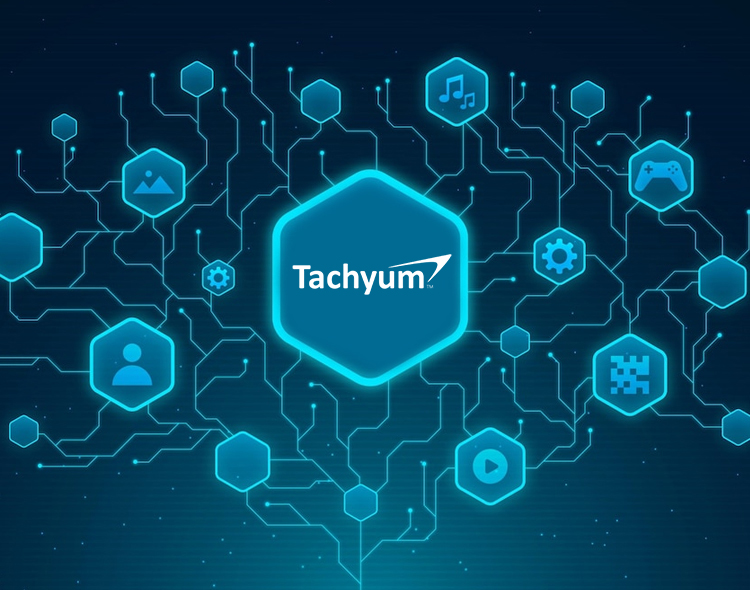Tachyum released a paper “Credit Unions, Blockchain, CBDC, FinTech and Tachyum Prodigy” explaining how Prodigy, the world’s first Universal Processor, can transform transactional banking while minimizing the monetary and environmental costs of blockchain’s electrical energy requirements.
“Credit Unions, Blockchain, CBDC, FinTech and Tachyum Prodigy”
With Blockchain, transactions are transmitted directly from payer to payee (person to person) without an intermediary. According to PricewaterhouseCoopers, 77 percent of FinTech businesses are either currently using blockchain or transitioning to blockchain-based products and services. Credit Unions in particular are leading the trend toward blockchain-based banking products and services, just as the industry once led the transition to internet banking as well as other technologies widely adopted later by the commercial and consumer banking sector.
Latest Fintech News: Financial Advisors Report 40 Percent of Their Clients Were Forced to Retire, Edward Jones Survey Finds
“Blockchain and cryptocurrency already raise legitimate concerns about unsustainable energy consumption, but as the technology becomes more widespread in financial services, we’re going to see consumption increase to an alarming level,” said Dr. Radoslav Danilak, founder and CEO of Tachyum. “We cannot possibly build thousands of power plants worldwide to supply electricity for blockchain, so the real solution is greater compute efficiency—in other words, faster processing that is far more energy-efficient—such as Prodigy.”
Blockchain uses vastly more energy than centrally controlled banking systems. Currently, electricity use for crypto-assets is 120-240 billion kilowatt-hours per year, which exceeds the total annual electricity consumption of entire nations, such as Argentina or Australia.
Prodigy offers a compute fabric to proliferate blockchain with optional [Central Bank] Digital Currency (CBDC) banking. A 128-core processor, Prodigy runs at clock speeds over 5GHz, outperforming all other CPU platforms in normal data center workloads and delivering extremely high hashing function performance required for blockchain banking. Prodigy achieves this performance using one-tenth the power (core vs. core), which slashes the TCO of hyperscale data center operations to one-fourth that of its closest competitors.
Latest Fintech News: 60 Percent of Consumers Turn to Fintech Apps Before Accountants as Digital Adoption Soars
As a universal processor, the patented Prodigy architecture enables it to switch seamlessly and dynamically from normal CPU tasks to AI/ML workloads, so it delivers high AI/ML performance in both training and inference. AI/ML is increasingly important in the banking industry, and used to identify fraud and cyberattacks before serious financial damage can be done.
Prodigy delivers unprecedented data center performance, power, and economics, reducing CAPEX and OPEX significantly. Because of its utility for both high-performance and line-of-business applications, Prodigy-powered data center servers can seamlessly and dynamically switch between workloads, eliminating the need for expensive dedicated AI hardware and dramatically increasing server utilization. Tachyum’s Prodigy delivers performance up to 4x that of the highest performing x86 processors (for cloud workloads) and up to 3x that of the highest performing GPU for HPC and 6x for AI applications.
Latest Fintech News: Tetra Launches New Custody API Solution, Enabling Enhanced Data Access and Automation for Customers
[To share your insights with us, please write to sghosh@martechseries.com]
